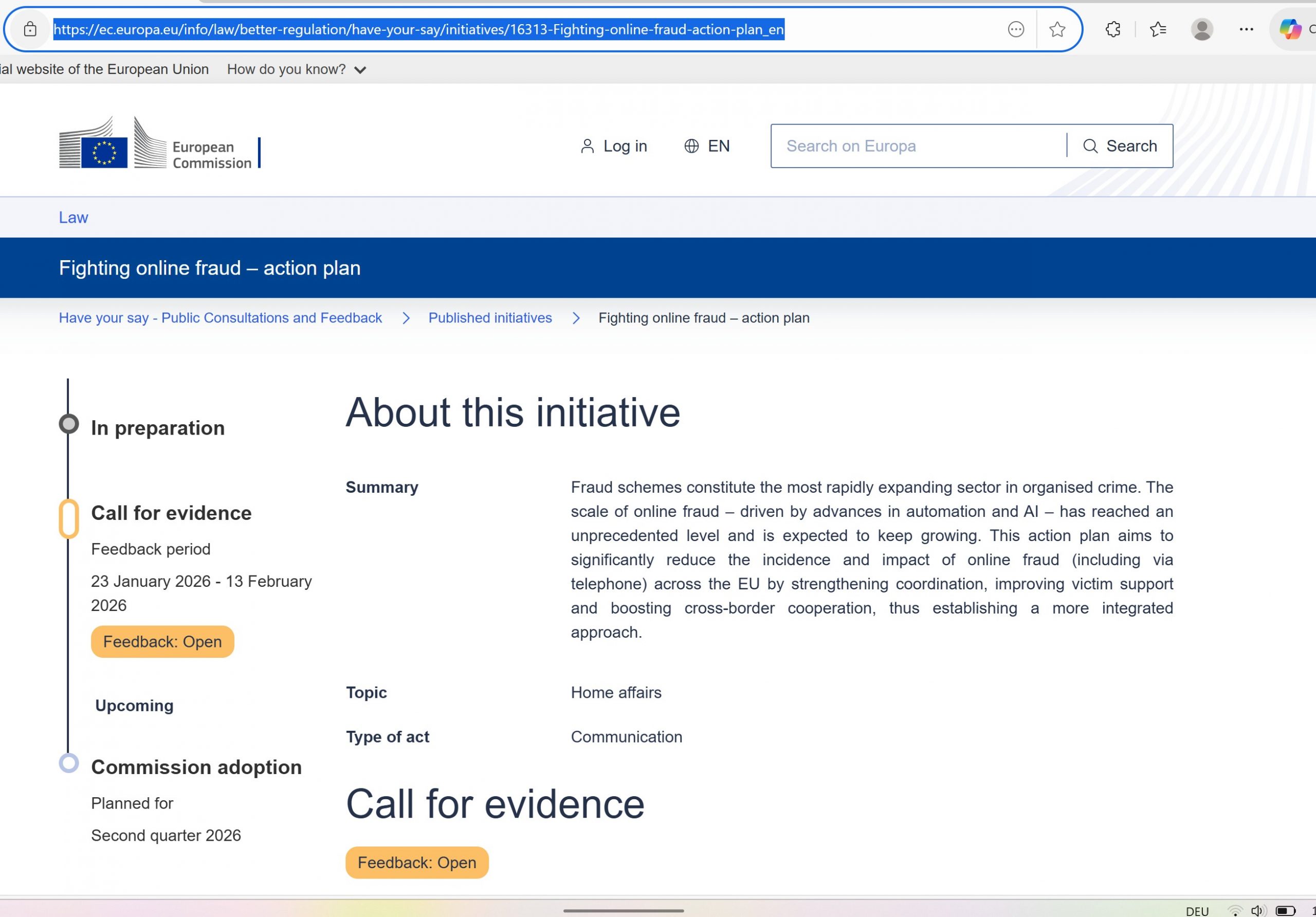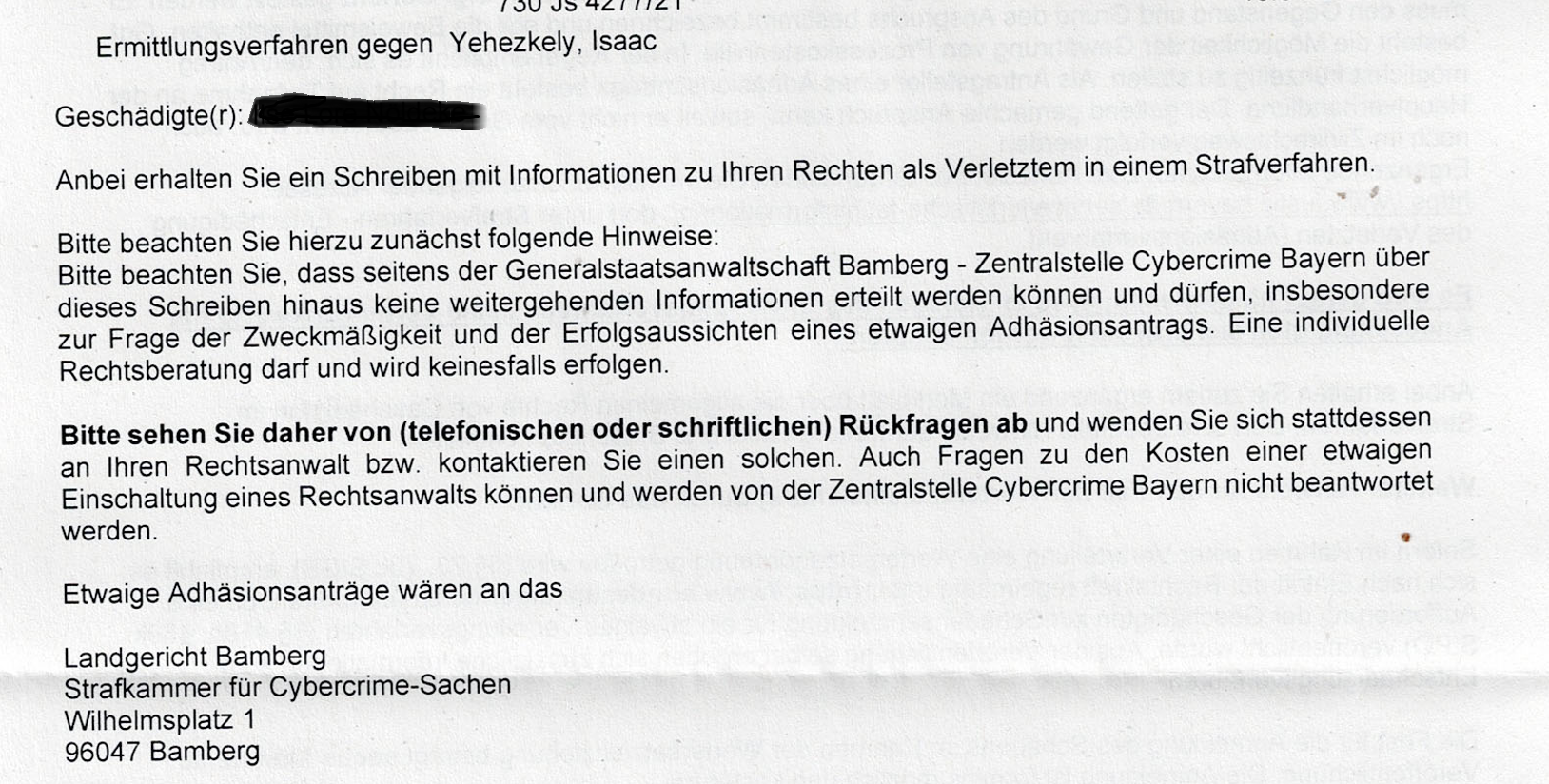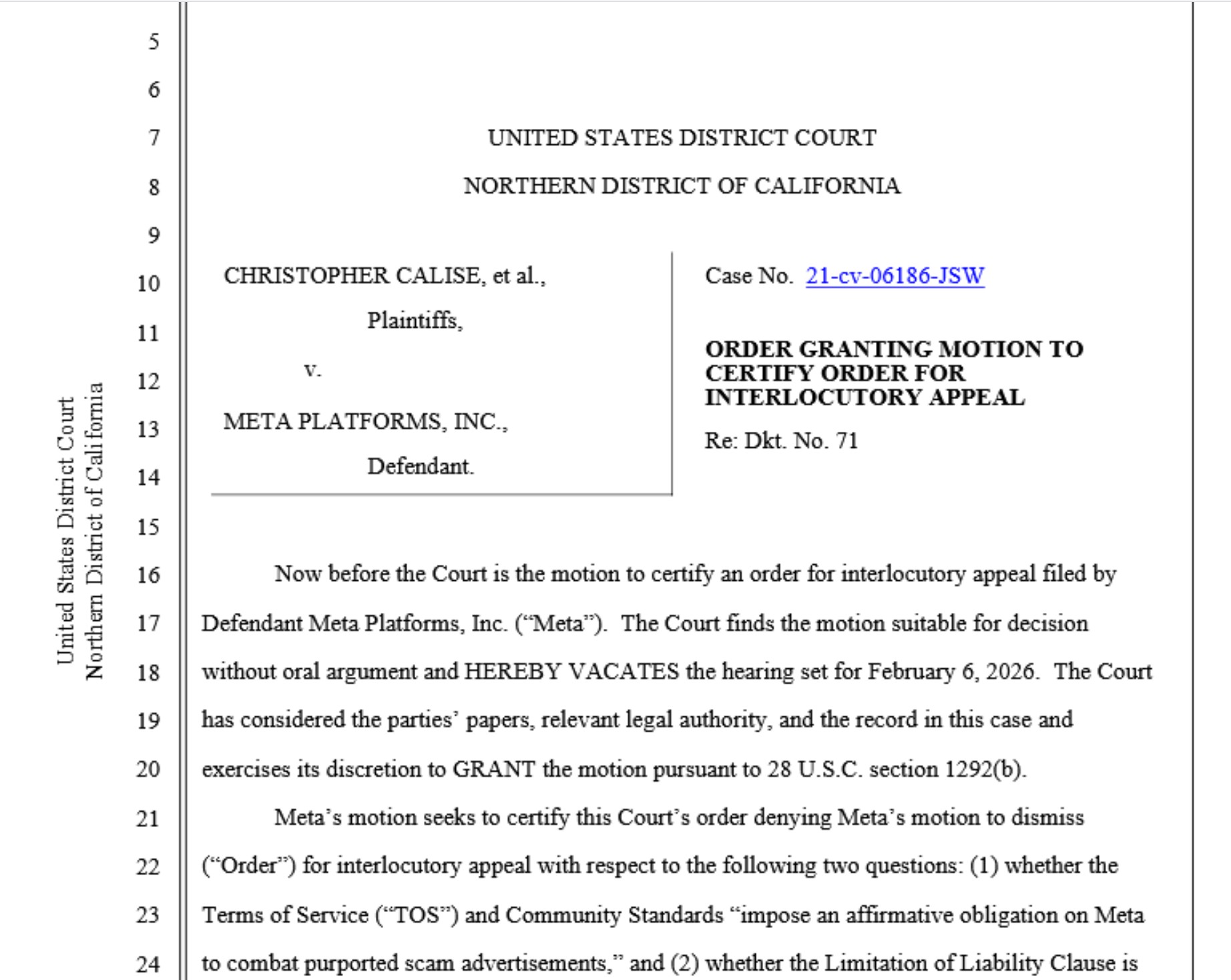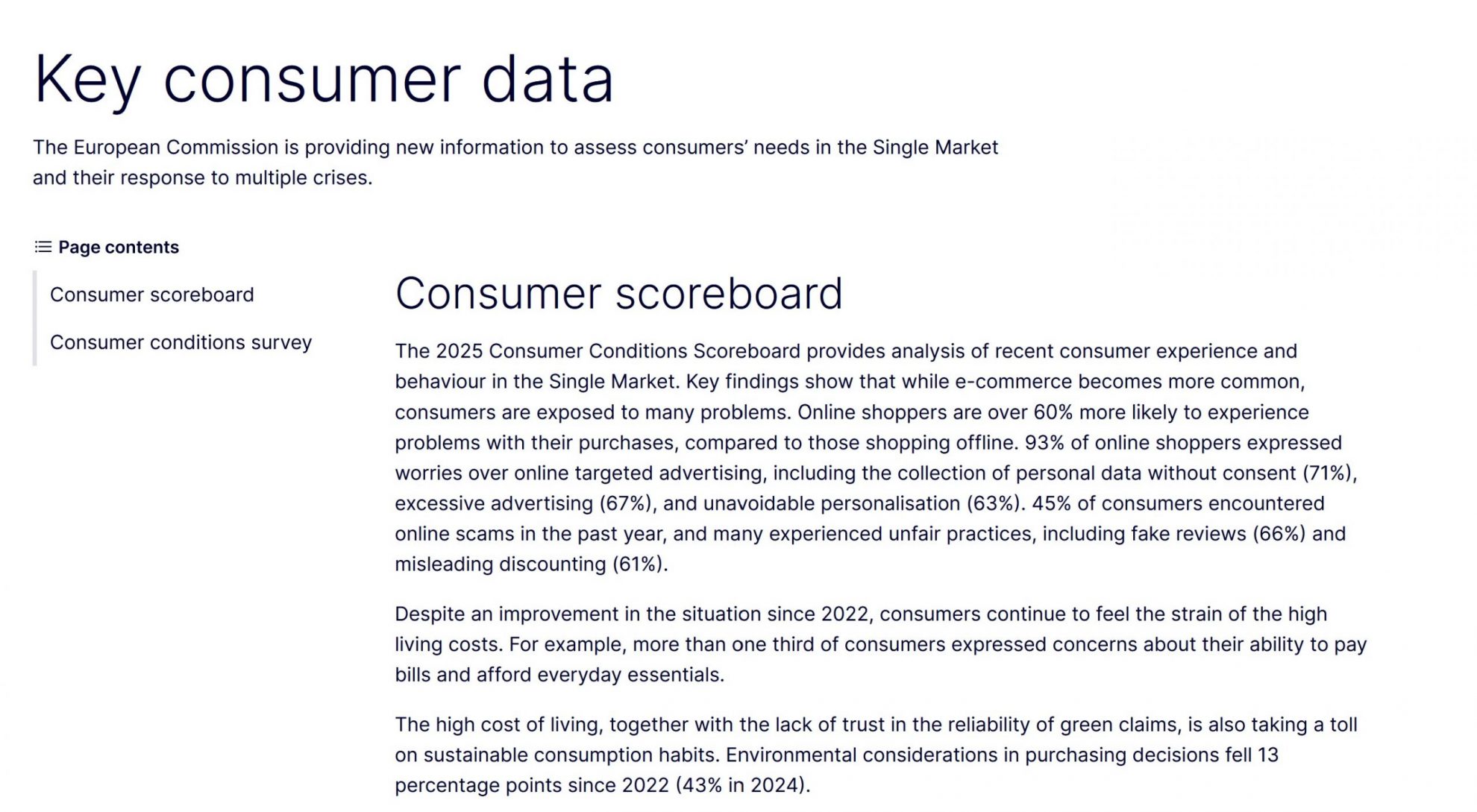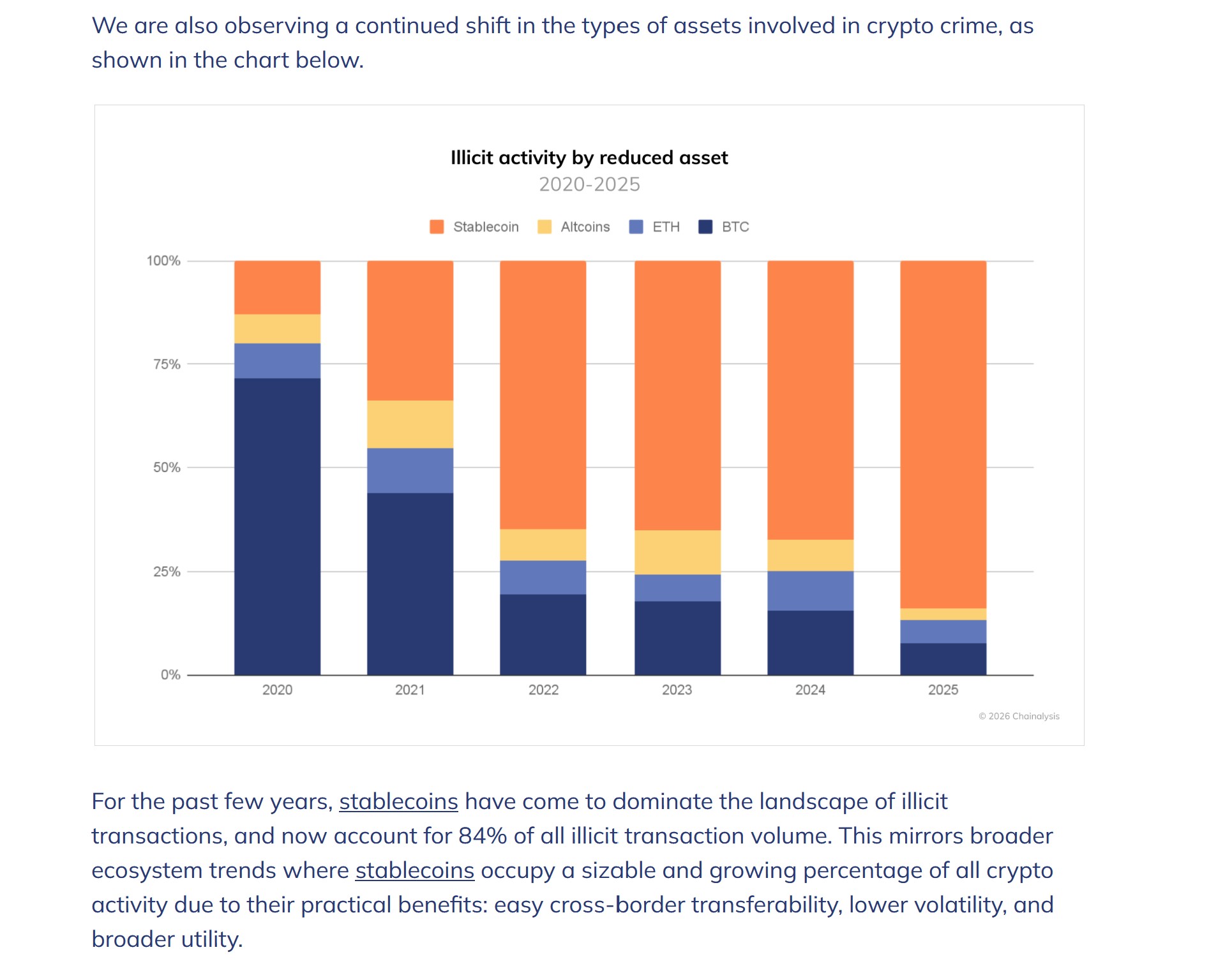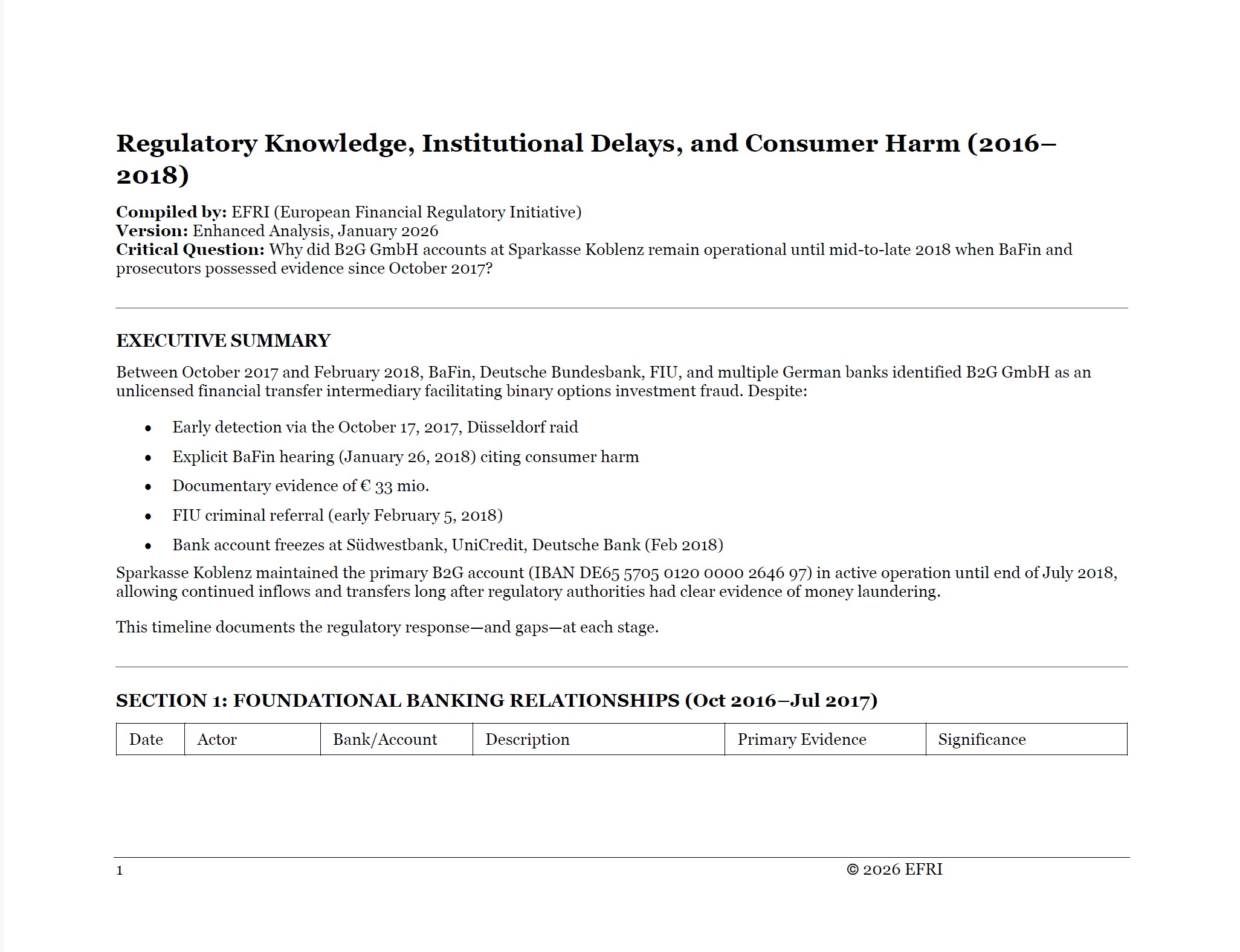At the end of June 2020, Wirecard, a DAX-listed financial services company, experienced a collapse. For over two decades, Wirecard has facilitated the receipt and distribution of illicit funds by fraudsters. We summarised our findings on Wirecard’s money-laundering activities in a complaint filed in January 2020.
Wirecard as a cybercrime hub
Wirecard played a significant role in the rise of cybercrime in Europe. Our story with Wirecard began in 2016, when Werner Böhm, the founder of FinTelegram, met Uwe Lenhoff in London in early summer. At that time, Lenhoff was regarded as a respected online entrepreneur. The FinTelegram founder had no idea that Lenhoff was a close business partner of Wirecard, a company he was only familiar with as a promising German FinTech.
When the business relationship between Böhm and Lenhoff soured in late summer 2016, it ultimately led to Lenhoff’s arrest in January 2019. EFRI then began working with victims of the investment scams orchestrated by Lenhoff and his Israeli and Serbian associates. Wirecard appeared frequently in the victims’ payment documents. As a result, we began to investigate and discovered that Wirecard was involved in numerous scams, particularly in binary options and FOREX fraud.
The Israeli connection
Most prominently, the Irish company Grey Mountain Management Ltd (GMM), controlled by Israeli businessman David Cartu and his brothers, emerged as a notorious scam operator with tens of thousands of victims. Wirecard UK & Ireland CEO Michelle Molloy played a critical role in the GMM fraud, with Wirecard acting as one of its primary payment processors and acquirers. Many other binary options and broker brands also relied on Wirecard, including 24Option, HandelFX, AlgoTechs/Bealgo, MarketsTrading, and many more. Wirecard facilitated the transfer of stolen funds to fraudsters and the beneficial owners behind these scams. For 24Option, one of the largest scams still active at the time, Wirecard even served as the Account Servicing Payment Service Provider for the ultimate beneficial owners of the scam.
A big-style money laundering hub
Wirecard provided payment processing services to cybercrime organisations on a massive scale through offshore structures and shell companies.
Once we recognised Wirecard’s role as one of the leading payment processors for scam businesses, we dug even deeper. We quickly realised that Wirecard was the “Payment Processing Hub” for scammers and financial cybercriminals. Unbelievable but true—this happened in plain sight and under the nose of the German regulator, BaFin.
Over the years, several of Wirecard’s correspondent banks also filed money laundering complaints for huge sums (in the hundreds of millions), further demonstrating Wirecard’s deep involvement in fraud and illicit business. Not a single one of these complaints was adequately addressed by BaFin or the German Financial Intelligence Unit.
The Wirecard fraud case was, therefore, no surprise to us. Yet we believe the full extent of Wirecard’s illegal business activities is still not fully on the table. We will continue to do our best to bring the truth forward and hold accountable everyone involved in exploiting thousands of small investors who trusted German authorities to do their job properly.


